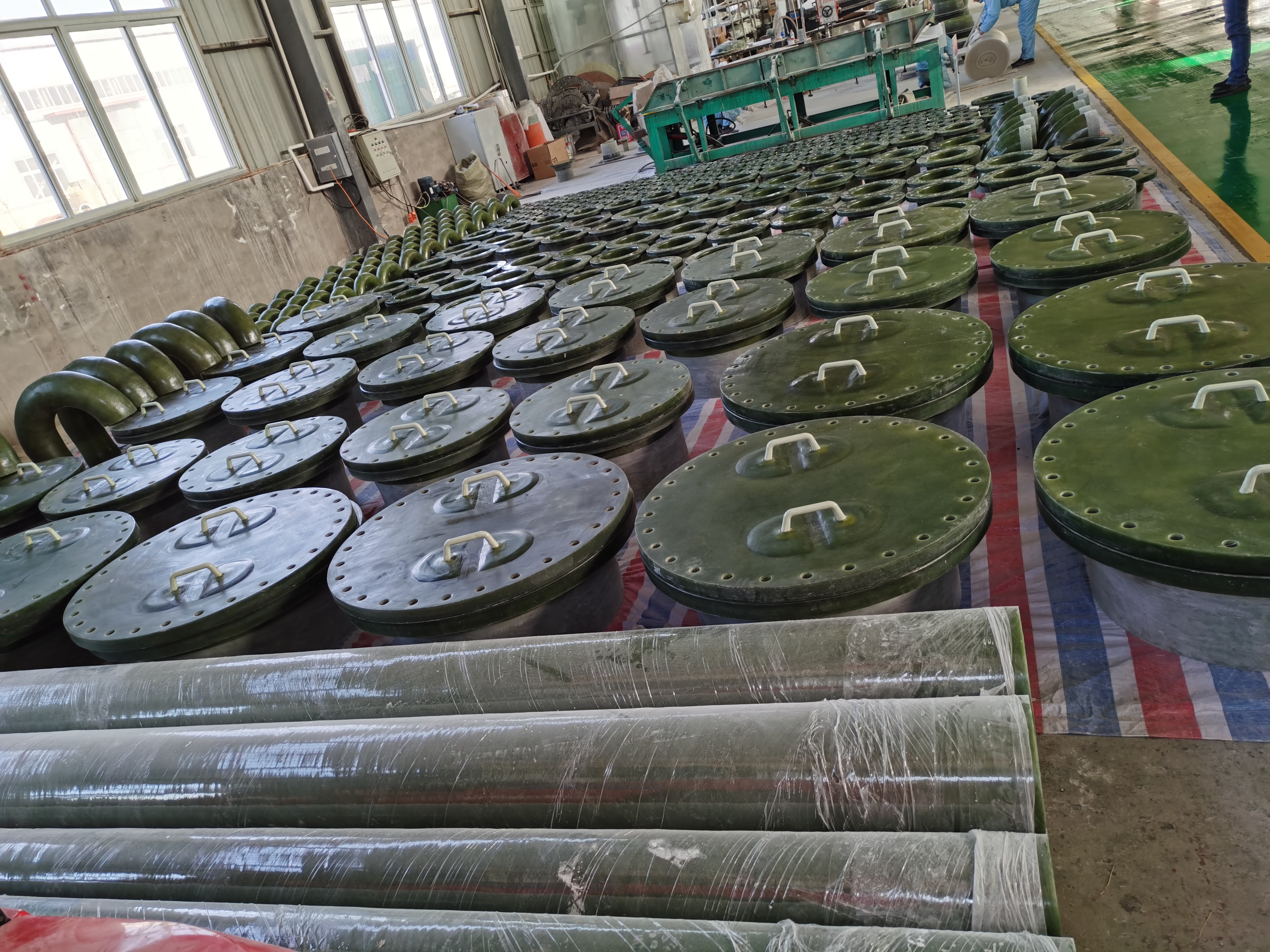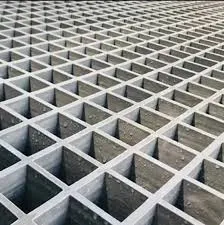
-
 Afrikaans
Afrikaans -
 Albanian
Albanian -
 Amharic
Amharic -
 Arabic
Arabic -
 Armenian
Armenian -
 Azerbaijani
Azerbaijani -
 Basque
Basque -
 Belarusian
Belarusian -
 Bengali
Bengali -
 Bosnian
Bosnian -
 Bulgarian
Bulgarian -
 Catalan
Catalan -
 Cebuano
Cebuano -
 China
China -
 China (Taiwan)
China (Taiwan) -
 Corsican
Corsican -
 Croatian
Croatian -
 Czech
Czech -
 Danish
Danish -
 Dutch
Dutch -
 English
English -
 Esperanto
Esperanto -
 Estonian
Estonian -
 Finnish
Finnish -
 French
French -
 Frisian
Frisian -
 Galician
Galician -
 Georgian
Georgian -
 German
German -
 Greek
Greek -
 Gujarati
Gujarati -
 Haitian Creole
Haitian Creole -
 hausa
hausa -
 hawaiian
hawaiian -
 Hebrew
Hebrew -
 Hindi
Hindi -
 Miao
Miao -
 Hungarian
Hungarian -
 Icelandic
Icelandic -
 igbo
igbo -
 Indonesian
Indonesian -
 irish
irish -
 Italian
Italian -
 Japanese
Japanese -
 Javanese
Javanese -
 Kannada
Kannada -
 kazakh
kazakh -
 Khmer
Khmer -
 Rwandese
Rwandese -
 Korean
Korean -
 Kurdish
Kurdish -
 Kyrgyz
Kyrgyz -
 Lao
Lao -
 Latin
Latin -
 Latvian
Latvian -
 Lithuanian
Lithuanian -
 Luxembourgish
Luxembourgish -
 Macedonian
Macedonian -
 Malgashi
Malgashi -
 Malay
Malay -
 Malayalam
Malayalam -
 Maltese
Maltese -
 Maori
Maori -
 Marathi
Marathi -
 Mongolian
Mongolian -
 Myanmar
Myanmar -
 Nepali
Nepali -
 Norwegian
Norwegian -
 Norwegian
Norwegian -
 Occitan
Occitan -
 Pashto
Pashto -
 Persian
Persian -
 Polish
Polish -
 Portuguese
Portuguese -
 Punjabi
Punjabi -
 Romanian
Romanian -
 Russian
Russian -
 Samoan
Samoan -
 Scottish Gaelic
Scottish Gaelic -
 Serbian
Serbian -
 Sesotho
Sesotho -
 Shona
Shona -
 Sindhi
Sindhi -
 Sinhala
Sinhala -
 Slovak
Slovak -
 Slovenian
Slovenian -
 Somali
Somali -
 Spanish
Spanish -
 Sundanese
Sundanese -
 Swahili
Swahili -
 Swedish
Swedish -
 Tagalog
Tagalog -
 Tajik
Tajik -
 Tamil
Tamil -
 Tatar
Tatar -
 Telugu
Telugu -
 Thai
Thai -
 Turkish
Turkish -
 Turkmen
Turkmen -
 Ukrainian
Ukrainian -
 Urdu
Urdu -
 Uighur
Uighur -
 Uzbek
Uzbek -
 Vietnamese
Vietnamese -
 Welsh
Welsh -
 Bantu
Bantu -
 Yiddish
Yiddish -
 Yoruba
Yoruba -
 Zulu
Zulu
Feb . 15, 2025 01:26
Back to list
grp vessel
The term GRP vessel refers to a Glass Reinforced Plastic (GRP) structure widely used in various industries, including marine, chemical processing, wastewater management, and more. These vessels are lauded for their durability, corrosion resistance, and lightweight properties, making them a preferred choice for storage and processing applications.
The expertise of manufacturers is a crucial component when selecting GRP vessels. Leading manufacturers employ advanced fabrication techniques to enhance the structural integrity and aesthetic appeal of each vessel. Their commitment to quality is reflected in rigorous testing standards that ensure each vessel can withstand the mechanical stresses and environmental factors pertinent to its intended use. Consultation with these experts ensures that businesses select the right type of GRP vessel tailored to their operational needs. Authoritativeness in the market is demonstrated by manufacturers who consistently innovate based on customer feedback and technological advancements. Pioneers in the field continuously collaborate with research institutions to develop GRP vessels that not only meet but exceed industry standards. Partnerships with recognized certification bodies further consolidate their position as authoritative figures in the market, guaranteeing that end-users receive products certified for safety, quality, and performance. Trustworthiness is cemented through comprehensive post-sale support provided by reputable manufacturers. This includes maintenance services, warranty options, and technical support to address any operational concerns. Customers report high satisfaction levels due to the reliability and promptness of these services, which are critical in industries where downtime can lead to significant financial implications. In conclusion, GRP vessels represent a pivotal advancement across multiple sectors, offering a sustainable, durable, and cost-effective solution for various applications. Their unique properties provide an edge over traditional materials, making them indispensable in modern industrial practices. Trust in GRP vessels is not only built on technical specifications but also on the reputation and support of those who manufacture and endorse them. By choosing GRP vessels, industries invest in a future-proof solution that aligns with evolving environmental and economic demands.


The expertise of manufacturers is a crucial component when selecting GRP vessels. Leading manufacturers employ advanced fabrication techniques to enhance the structural integrity and aesthetic appeal of each vessel. Their commitment to quality is reflected in rigorous testing standards that ensure each vessel can withstand the mechanical stresses and environmental factors pertinent to its intended use. Consultation with these experts ensures that businesses select the right type of GRP vessel tailored to their operational needs. Authoritativeness in the market is demonstrated by manufacturers who consistently innovate based on customer feedback and technological advancements. Pioneers in the field continuously collaborate with research institutions to develop GRP vessels that not only meet but exceed industry standards. Partnerships with recognized certification bodies further consolidate their position as authoritative figures in the market, guaranteeing that end-users receive products certified for safety, quality, and performance. Trustworthiness is cemented through comprehensive post-sale support provided by reputable manufacturers. This includes maintenance services, warranty options, and technical support to address any operational concerns. Customers report high satisfaction levels due to the reliability and promptness of these services, which are critical in industries where downtime can lead to significant financial implications. In conclusion, GRP vessels represent a pivotal advancement across multiple sectors, offering a sustainable, durable, and cost-effective solution for various applications. Their unique properties provide an edge over traditional materials, making them indispensable in modern industrial practices. Trust in GRP vessels is not only built on technical specifications but also on the reputation and support of those who manufacture and endorse them. By choosing GRP vessels, industries invest in a future-proof solution that aligns with evolving environmental and economic demands.
Next:
Related Products









